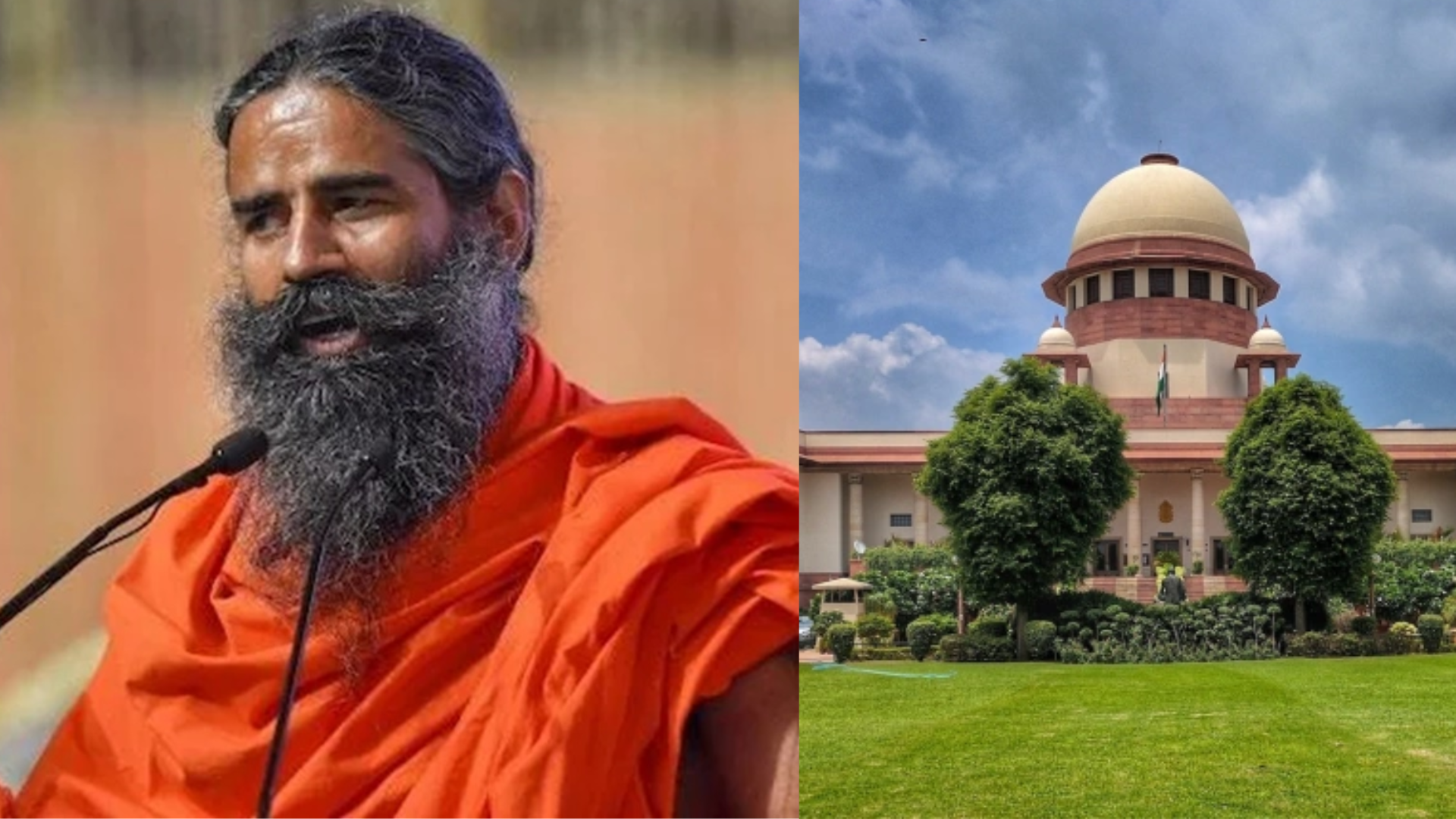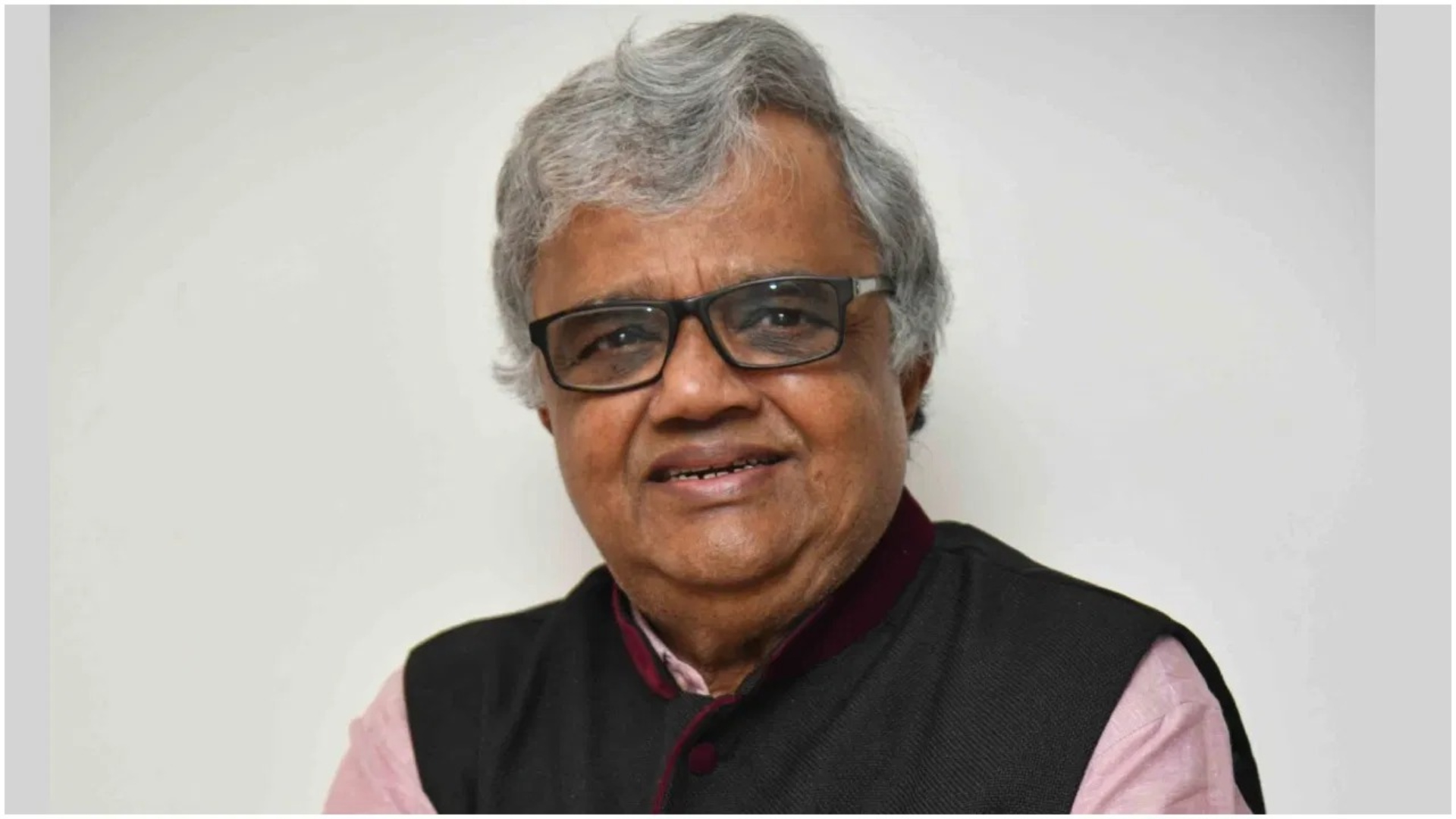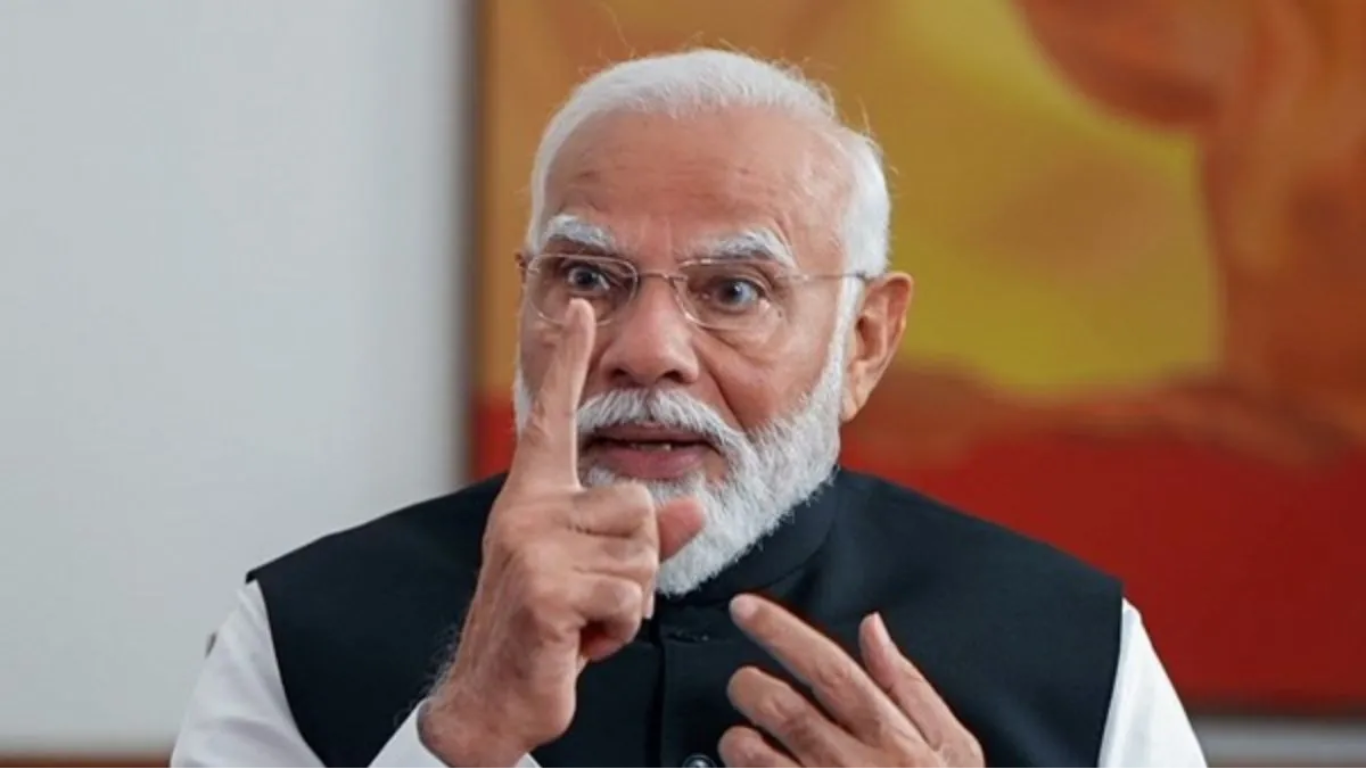



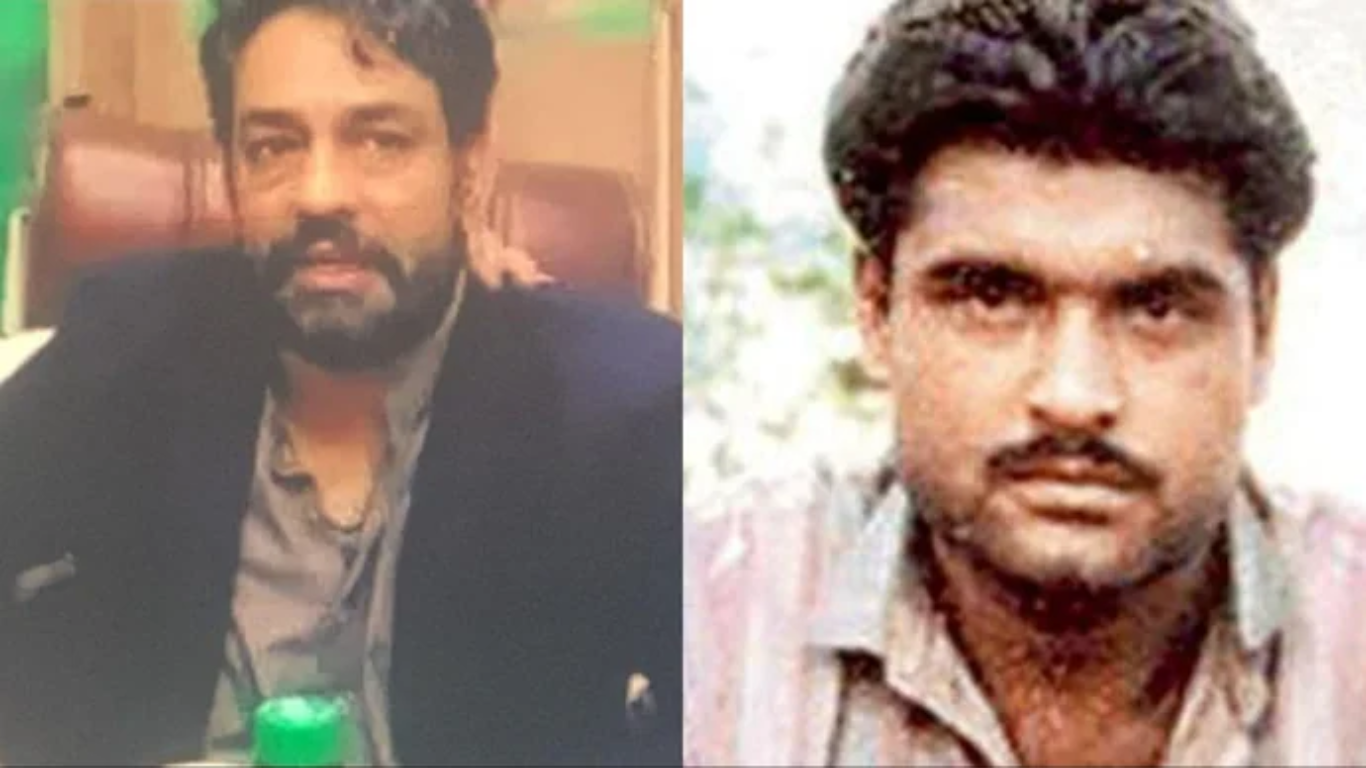
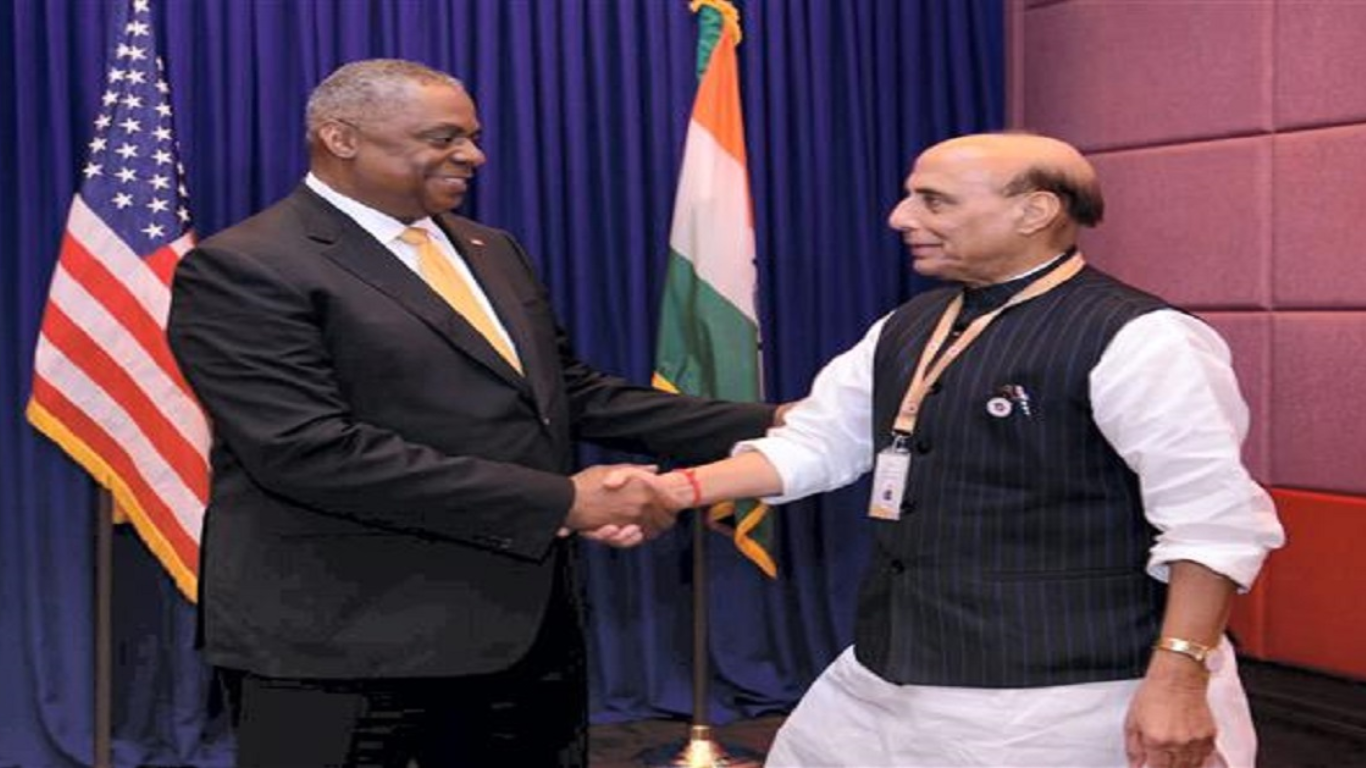
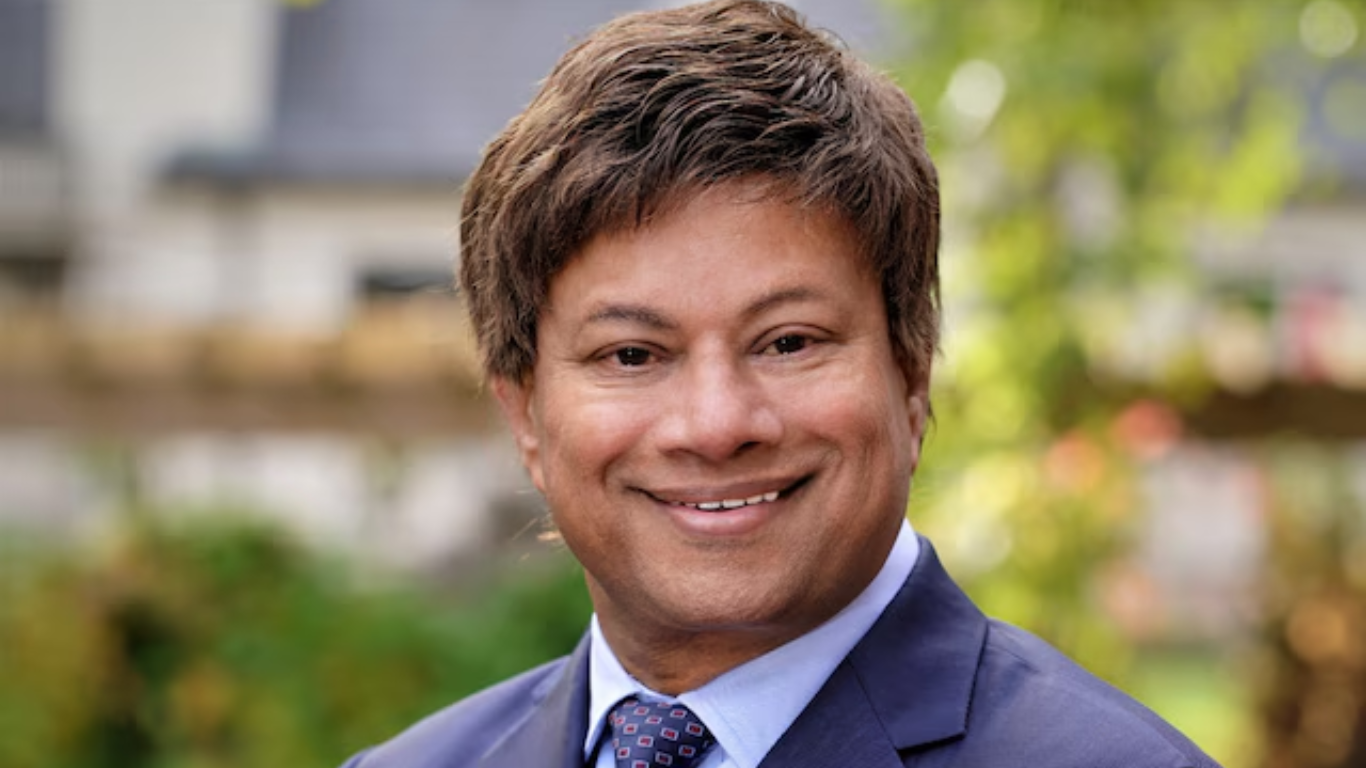

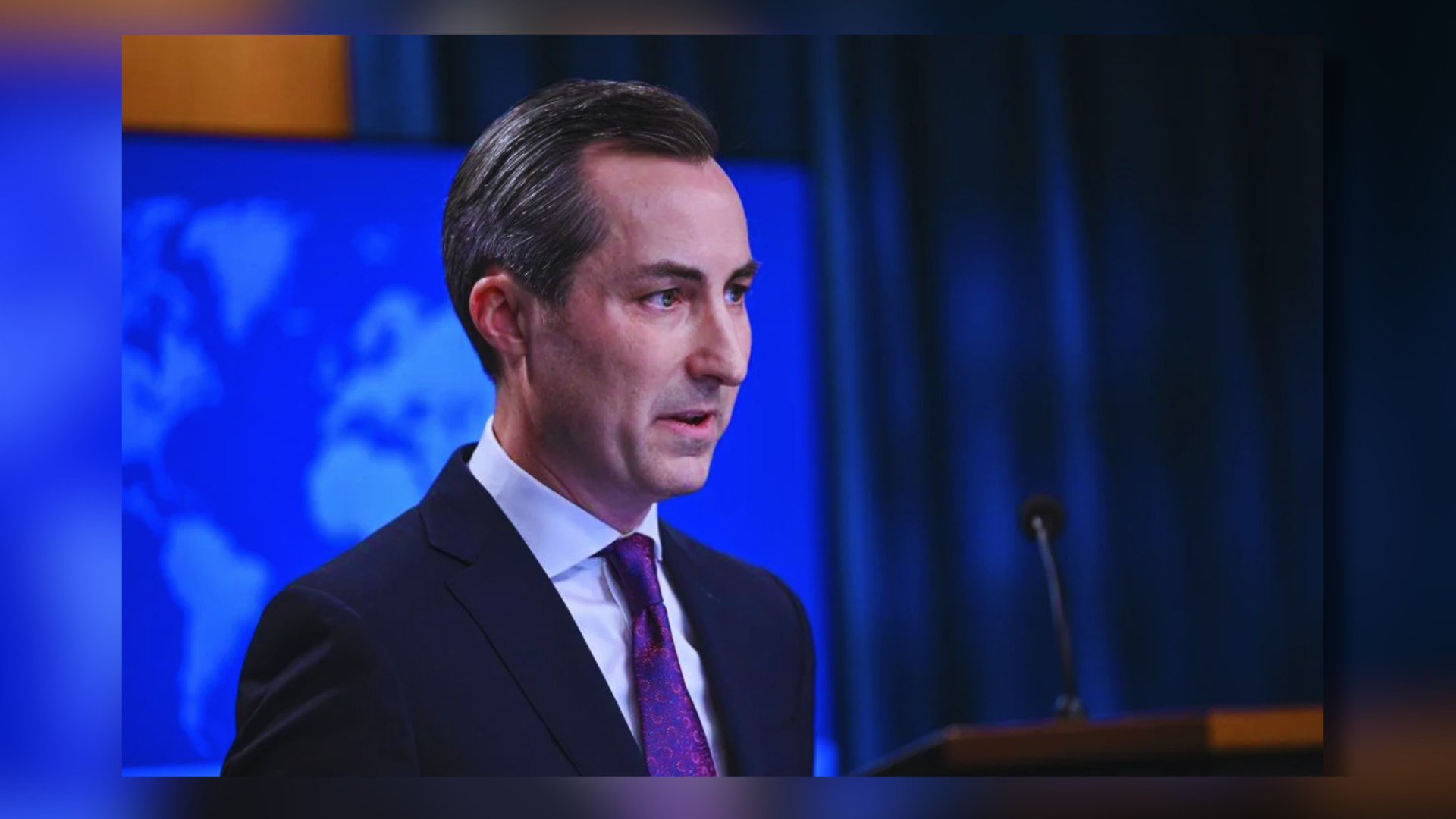

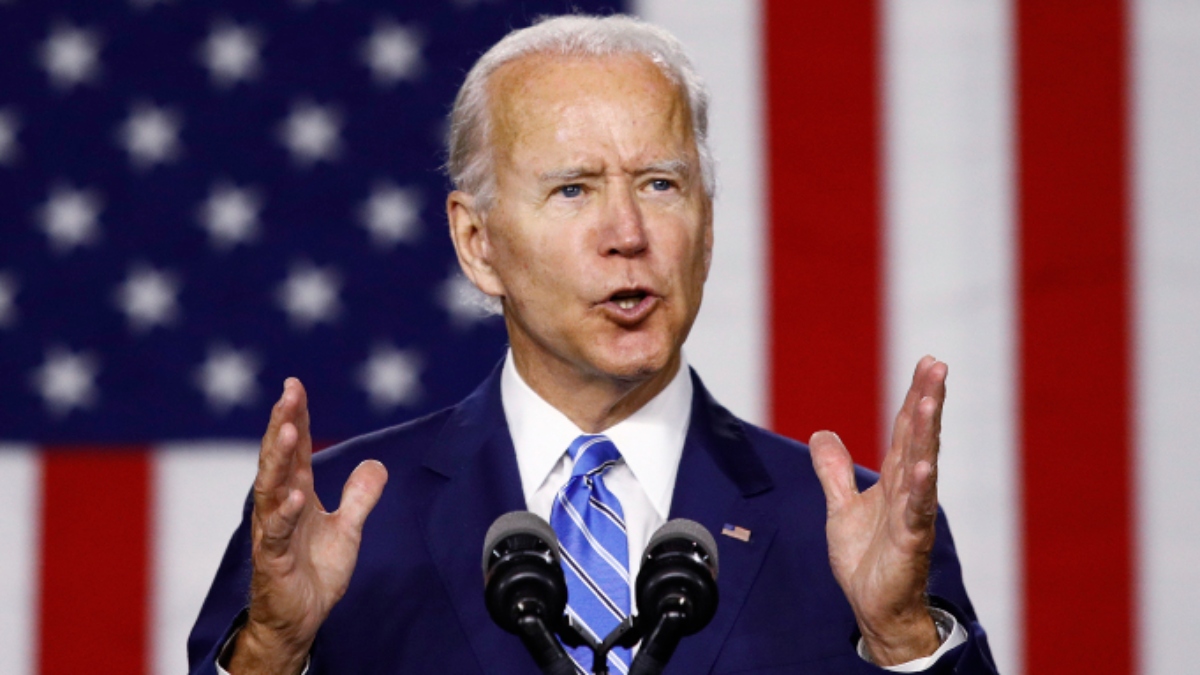
A day after the Taliban announced the interim government of Afghanistan, the United States on Wednesday said that the outfit would have to work for the right to be regarded by the international community as a legitimate government.The remarks were made by US Secretary of State Antony Blinken after holding bilateral talks with German counterpart Heiko Mass at the Ramstein Air Base in western Germany. After bilateral talks, the two leaders also had a virtual meeting with foreign ministers of several countries and NATO Secretary-General Jens Stoltenberg.
“The Taliban seek international legitimacy. Any legitimacy — any support — will have to be earned,” Blinken said, after the meeting. Blinken told reporters that he discussed with partners how to hold the Taliban to their commitments, DW reported.
He also responded to criticism that the US administration was not making enough effort to facilitate further evacuations, vowing to put pressure on the Taliban to start charter flights out of Afghanistan. “We are working to do everything in our power to support those flights and to get them off the ground,” he said.
Blinken said the group was preventing some flights from leaving because some people wanting to fly out did not have the correct documentation. Taliban on Tuesday announced the caretaker government of the Islamic Emirate of Afghanistan, naming Mullah Mohammad Hassan Akhund as interim prime minister and Mullah Abdul Ghani Baradar, a co-founder of the group, as his deputy.
Mullah Yaqoob, one of the deputy leaders of the Taliban since 2016 and the son of Taliban founder Mullah Omar, will act as caretaker Defence Minister. Abdul Salam Hanafi has been made the second deputy to Prime Minister Akhund. No non-Taliban figures were immediately announced- an indication that the outfit had not bowed down to domestic and international pressure to create an inclusive regime.
Maas, in his turn, said the non-inclusive interim government announced by the Taliban was “not the signal for more international cooperation and stability in the country.” “We hope that in the further formation of a government, which has not been completed, the necessary signals for this will be sent,” he added. Maas had said previously that the goal of Wednesday’s meeting was “to clarify what a joint approach toward the Taliban can look like.”




